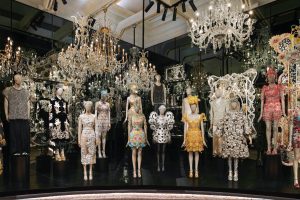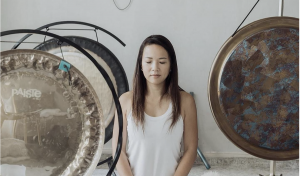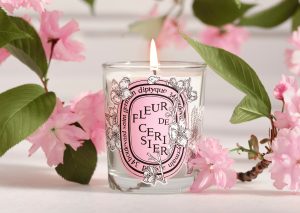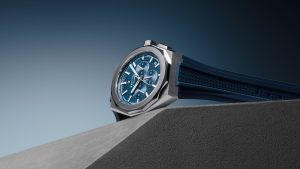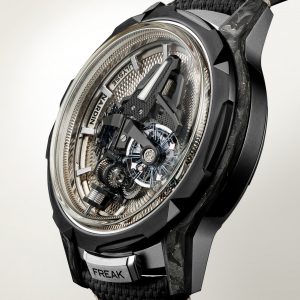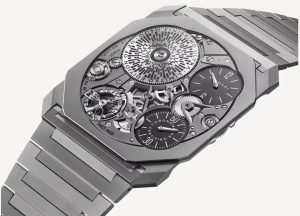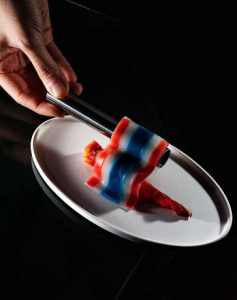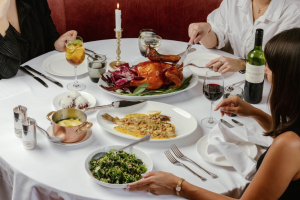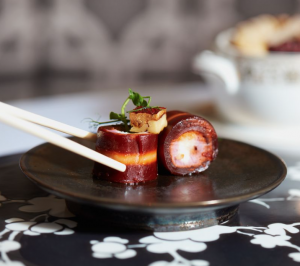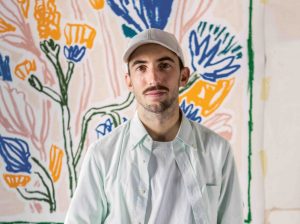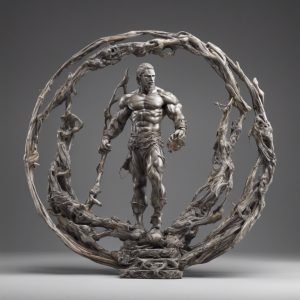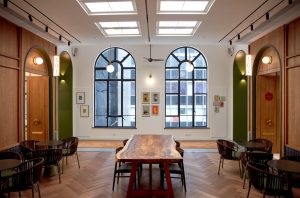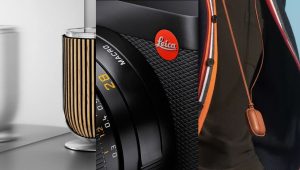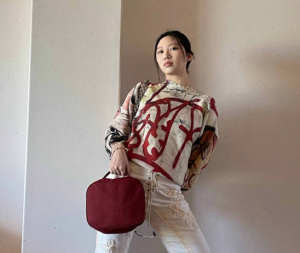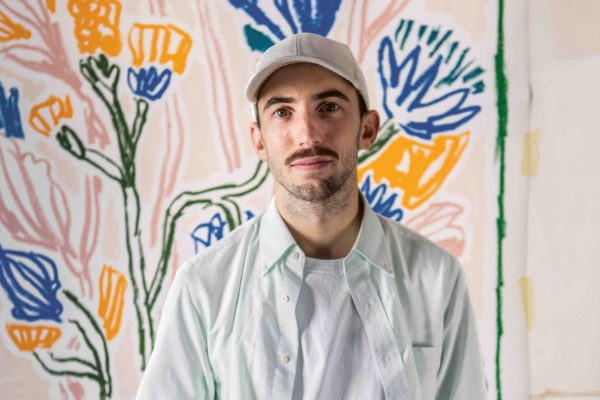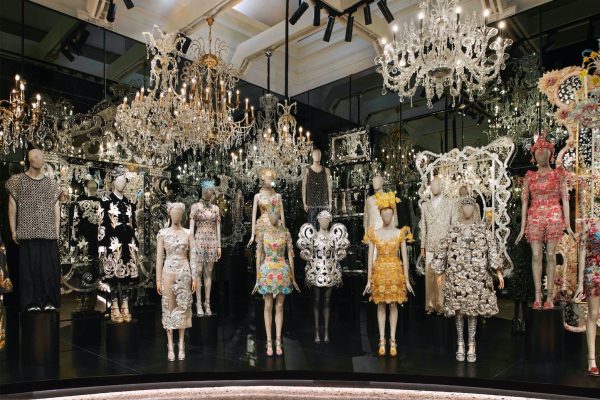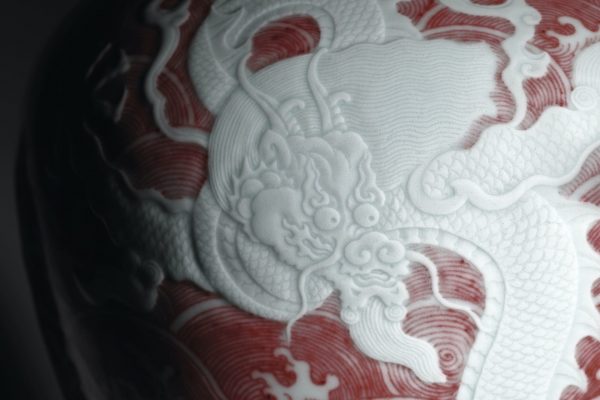Heywood Hill is not just any bookshop. Situated on two floors of a Georgian townhouse at 10 Curzon Street in Mayfair, it is legend – and not just because Queen Elizabeth is a loyal customer.
“We’re very lucky to have her Royal Warrant. The Queen has been using us for a very long time,” says Nicky Dunne, chairman of the store, on a recent trip to Hong Kong. Heywood Hill is steeped in history – it’s owned by Dunne’s father-in-law, who happens to be the 12th Duke of Devonshire, Peregrine “Stoker” Cavendish. It is also associated with English writers including Nancy Mitford, eldest of the Mitford sisters, who worked in the store during the war from 1942 to 1945, and whose gregarious character and witty repartee, according to Dunne, helped “put the place on the map”. Mitford’s elder sister Deborah was married to Andrew Cavendish, the 11th Duke of Devonshire, who took a stake in the bookshop and later became a majority shareholder.
The much-loved bookshop has more than 5,000 customers in over 60 countries. They include Hong Kong’s Sir David Tang, who not only frequents Heywood Hill but recommends it in his Financial Times “Agony Uncle” column. “Sir David called us a ‘nest of erudition’ in the paper last weekend, and it’s certainly more erudite whenever he’s in the shop,” says Dunne, adding that the bookshop doesn’t like to boast about its clients. “The only customers we talk about are those who have talked about us, or are known to use us,” he says.
Dunne then gives a typical example of a Heywood Hill client. “There’s a very distinguished writer, who shall remain nameless, who opened up an account for his children when they hit 21, at our shop. He said he would always settle their account and that they could buy as many titles as they wanted. It’s an incredibly generous thing to do. These children, one in particular, he buys one a week from us and has done for about 20 years. It’s a lovely, rather romantic gesture and a wonderful token of affection for your children.”
I guess it’s the sort of thing author Kingsley Amis might have done. “No,” says Dunne, but Amis did prevail upon one of Dunne’s predecessors to give his son Martin a job at Heywood Hill; a position was never offered. “Unfortunately,” says Dunne. “I don’t know Martin at all, but some of his friends love our shop. Every time I lock the door in the evening I think of Christopher Hitchens who, I’m told, as a young man in London enjoyed a post-lunch browse over our shelves.”
It’s not hard to see why Heywood Hill is such an institution. “We have an American customer,” says Dunne, “and for her husband’s Christmas present – and he’s a very, very successful retailer – we discussed his character and interests in-depth, so we are finding special books that represent those aspects of his personality. Hopefully they will mean something. It’s very personal and fun. It resonates. Books resonate on such an emotional level and they’re much more affordable than art. They are not so much an investment tool. Our clients share the collecting impulse. The adventure of book collecting is part of its allure.”
I recall trawling through Islington bookshops 25 years ago trying to hunt down first-edition copies of S.J. Perelman – the New Yorker satirist, Hollywood scriptwriter and the man Woody Allen said was the funniest and most brilliant scribe in the English language. “There aren’t the places in Islington that there used to be,” says Dunne. “It’s interesting you mention Perelman. I love his books, and we have in the bookshop at the moment a great travel writer, Norman Lewis, and Norman Lewis wrote several titles about travelling in Asia, and other parts of the world. We’re selling S.J. Perelman’s copies of Norman Lewis. They were great friends and Norman had inscribed those titles for him.”
Indeed, Dunne regards Heywood Hill as something of a cultural embassy. “It’s a network,” he says. “The associations that you find linking authors and other people to authors on the rare book side is mirrored by the living connections one makes on the new books side, with customers and collectors. We play a cultural embassy role, which we like and think we’re quite good at, and makes us distinctive from high-street bookshops.”
He acknowledges, too, the impact of e-books. “The internet has shrunk the number of independent stores dramatically – I think by about 50 percent. And those of us that remain have got to be rather imaginative to justify and to attract customers, business. I feel very lucky to be looking after a really special place,” he says.
Cecil Beaton described Heywood Hill as a “little oasis of civilisation”. Evelyn Waugh saw it as “a centre for all that was left of fashionable and intellectual London”. Dunne agrees: “I know that’s true from talking with customers who come through the door and knowing what they feel, their sense of ownership for the business and affection for it.” Author John Le Carré even set a scene of Tinker, Tailor, Soldier, Spy in the shop. Contemporary style icon and heiress Daphne Guinness is a fan. She “loves” the shop, says Dunne, “for its physicality and the variety of materials she finds there”. Nancy Mitford, it transpires, was Guinness’ great-aunt.
There’s romance, too. A US state department diplomat, once posted to Mayfair, returned to Washington. The diplomat told Dunne he wanted to marry his diplomat girlfriend – who was based in the Middle East – at Heywood Hill, and that her favourite novel was F. Scott Fitzgerald’s The Great Gatsby. The diplomat wanted a first edition in which he could write an inscription for her to discover, but scaled back his ambition when Dunne announced that a first-edition Gatsby would cost around HK$1.2 million. Instead, Dunne secured him a collected edition of Fitzgerald published in the ’60s at about half the price.
“So we shipped the Gatsby to him in Washington, he wrote in it, sent it back and we put it on our shelves.” The diplomat met his belle for a romantic weekend in London and just happened to be walking past the shop. “He was frantically texting me,” says Dunne. “He looked a little nervous when he came into the store. I asked his girlfriend about her favourite authors and she replied ‘Fitzgerald’. I located the book he had signed. She read it, he went down on one knee, and we opened the champagne.”
Heywood Hill also puts together collections. “Curating a selection of great books can vastly improve and enhance the experience for guests in hotels [Heywood Hill chose books for the Buglari Hotel in London]. We’ve done the same for private jets and cruise ships, whereby titles, whether just a shelf or a whole wall, can make a huge difference. A few well-chosen titles can really speak to someone.”
And the habit starts young. “Somebody once asked us for 300 books that every intelligent teenager should read. We put a lot of effort into that,” says Dunne. The bookshop, which has a children’s section, now offers that service to all parents for their children. “We have a very good idea of what every intelligent teenager should read. So developing such ideas is a major part of our work.”
Customers can also sign up to receive a mystery book once a month selected for them by Dunne’s team under its Year in Books service. “What we’re really about is being useful to people, trying to help readers. And we do that with an A-list of customers, who when something is published in England, we let them know immediately. And that always gets a good response. People buy based on recommendations – of the human rather than algorithmic kind. And we offer a very personalised service.”
So what are the most coveted 20th century fiction titles? “Gatsby, Ulysses, would be the more popular, expensive books,” says Dunne, mentioning figures of up to HK$1.2 million. I show him what I’m reading: Yevgeny Zamyatin’s We, a 1924 science-fiction novel set in the anti-Utopian totalitarian OneState, ruled over by an all-powerful Benefactor, and said to have inspired George Orwell’s 1984. Dunne’s enthusiasm is contagious. He photographs the cover with his smartphone. “I’ll look into any first editions of it. We have book subscribers exploring science fiction, so I’ll let my team know about it.”
At that moment Dunne’s phone rings. It’s a call from the US – a woman wanting Heywood Hill to stock a wall of her new holiday home in the Hamptons. The client wants fiction, non-fiction and classics and will come to London to meet Dunne. A reminder, if any were needed, of Heywood’s literary and cultural heft. If you’ve never been, this year is a good time to visit – it’s the store’s 80th anniversary – and discover what Anna Wintour, Stephen Fry and the glittering literati consider their favourite books of all time.



